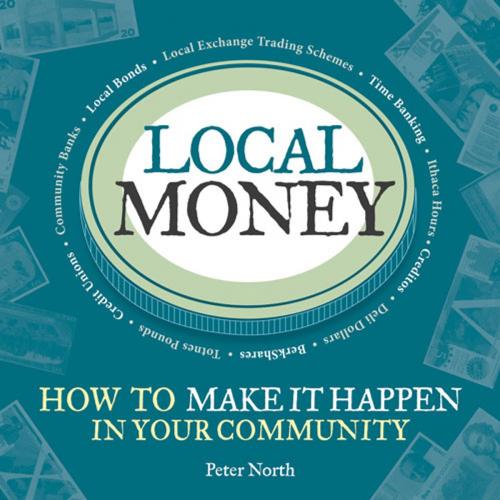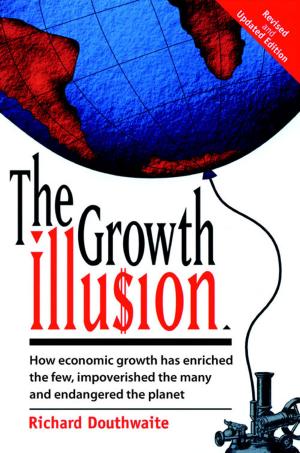| Author: | Peter North | ISBN: | 9781907448058 |
| Publisher: | UIT Cambridge Ltd. | Publication: | June 1, 2010 |
| Imprint: | Green Books | Language: | English |
| Author: | Peter North |
| ISBN: | 9781907448058 |
| Publisher: | UIT Cambridge Ltd. |
| Publication: | June 1, 2010 |
| Imprint: | Green Books |
| Language: | English |
In past recessions and depressions across the world, communities have reclaimed the power that the bankers hold by creating their own forms of money and Local Money shows how this is possible. This book is an inspiring guide that helps you understand what money is and how you can create money that stays in the community, building loyalty between consumers and local traders rather than losing wealth to corporate chain stores. It explains how alternative currencies can work with local banks and credit unions to strengthen the local economy, supporting the local production of necessities such as food and energy while helping to reduce the community's carbon emissions. The book draws on the long history of local currencies, from Local Exchange Trading Schemes and “time banks” to paper currencies such as BerkShares, Ithaca “Hours,” and German regional currencies, which circulate between local businesses as an alternative to their losing trade to the big-box retailers. The story culminates in the development of the first Transition currencies, the Totnes, Lewes, Stroud, and Brixton Pounds.
In past recessions and depressions across the world, communities have reclaimed the power that the bankers hold by creating their own forms of money and Local Money shows how this is possible. This book is an inspiring guide that helps you understand what money is and how you can create money that stays in the community, building loyalty between consumers and local traders rather than losing wealth to corporate chain stores. It explains how alternative currencies can work with local banks and credit unions to strengthen the local economy, supporting the local production of necessities such as food and energy while helping to reduce the community's carbon emissions. The book draws on the long history of local currencies, from Local Exchange Trading Schemes and “time banks” to paper currencies such as BerkShares, Ithaca “Hours,” and German regional currencies, which circulate between local businesses as an alternative to their losing trade to the big-box retailers. The story culminates in the development of the first Transition currencies, the Totnes, Lewes, Stroud, and Brixton Pounds.















